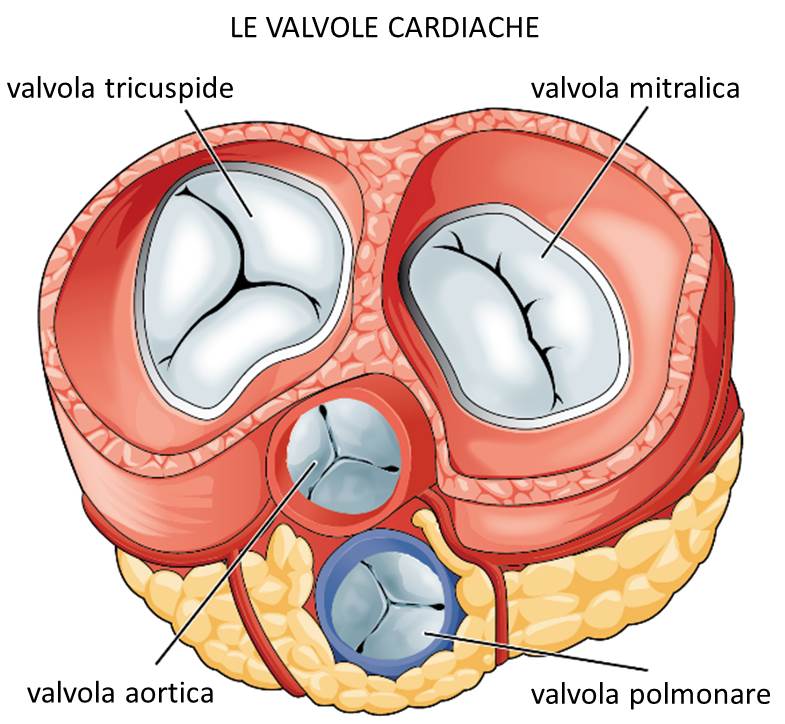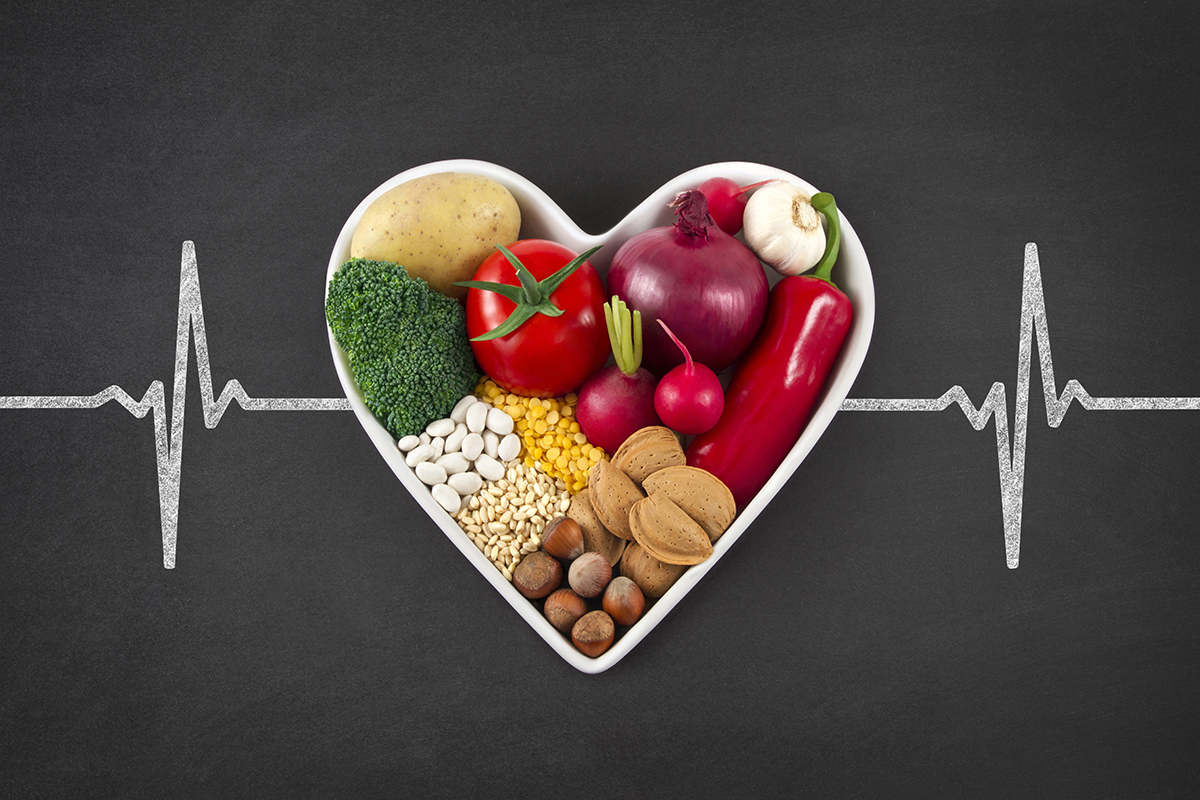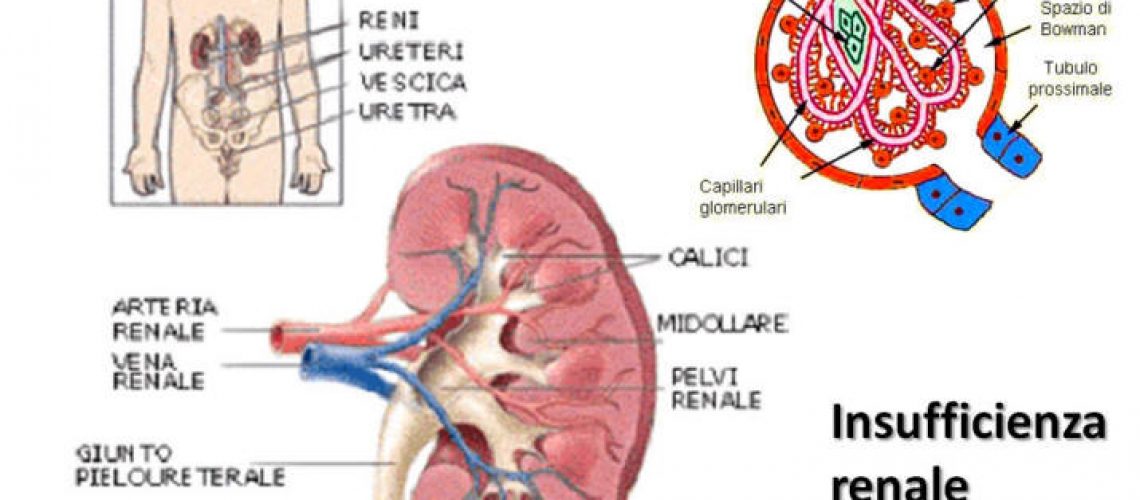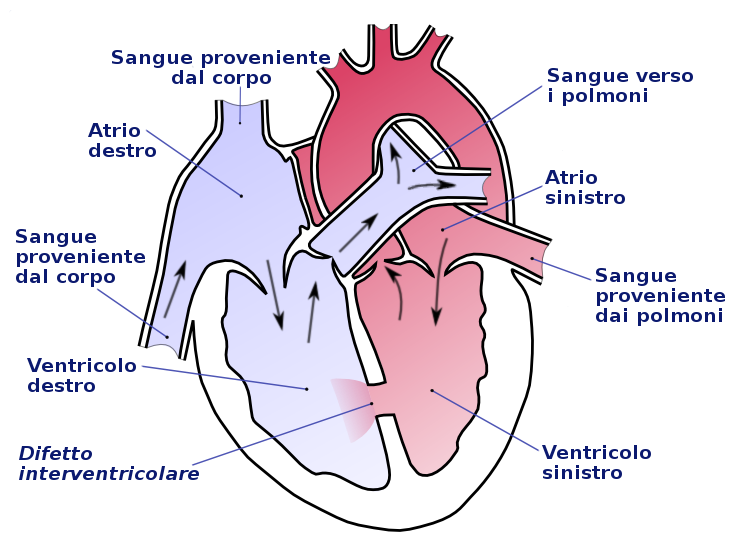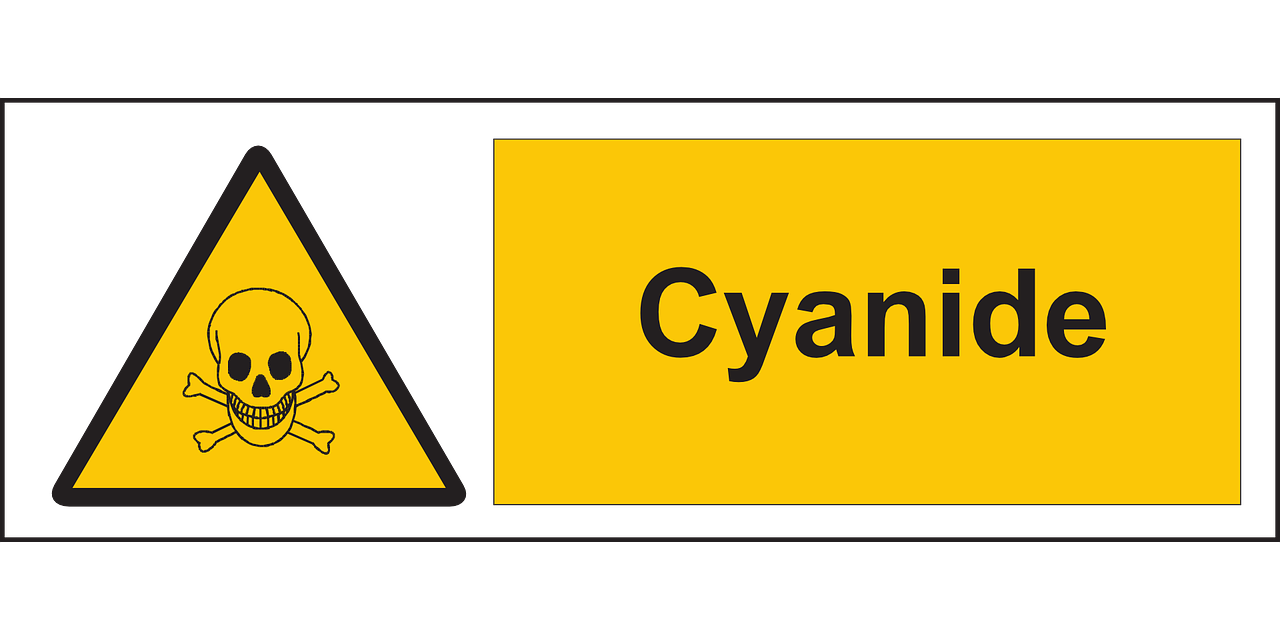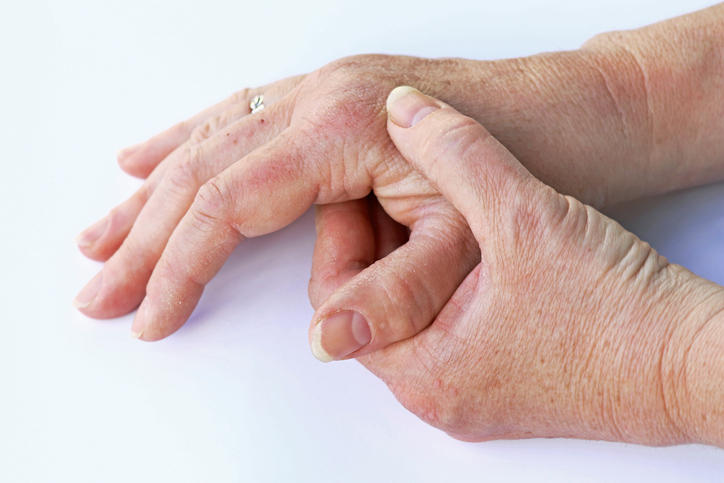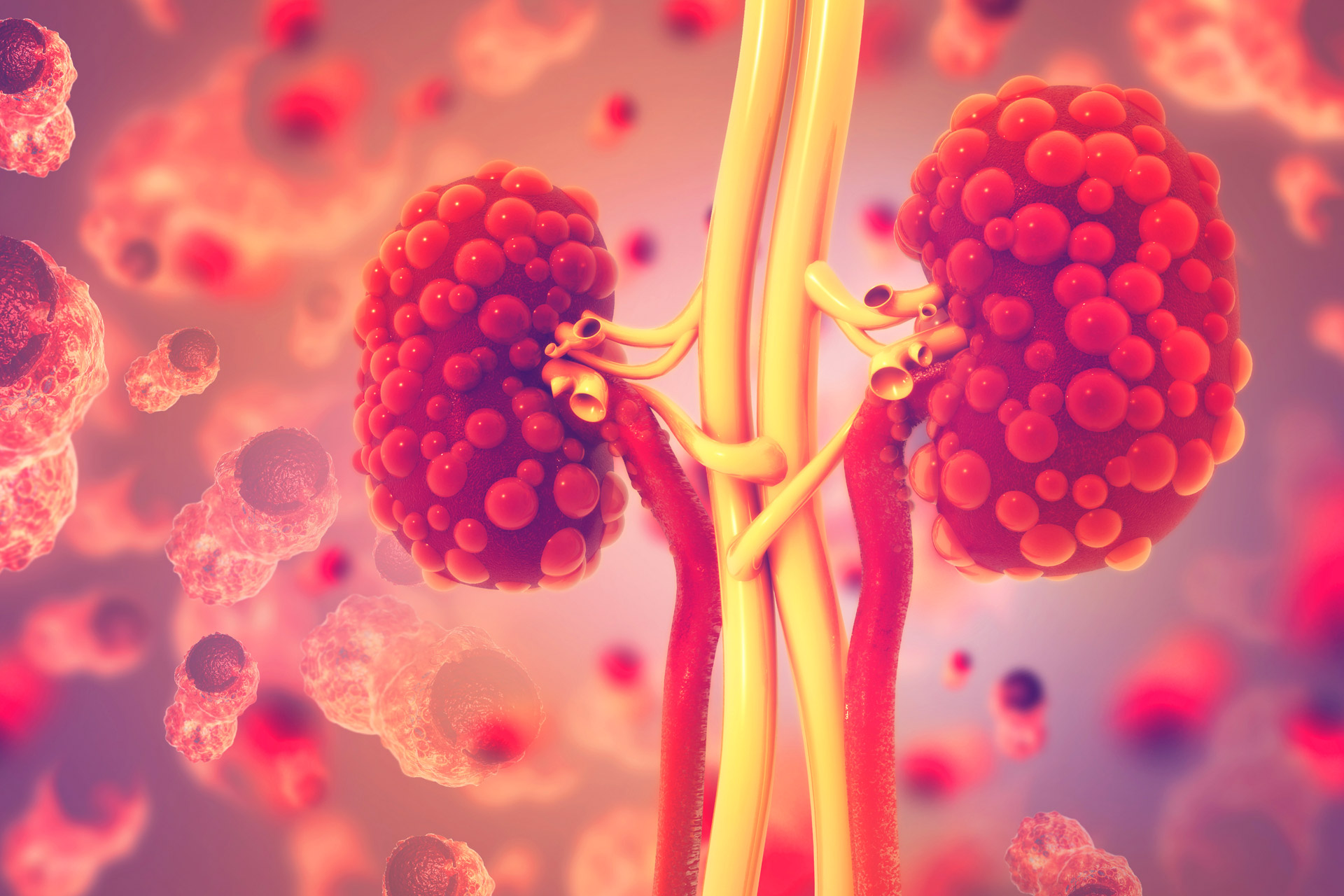About 10 percent of the world’s adult population suffers from chronic renal failure (CRI), a condition, that is, characterized by reduced kidney function. Even more worrying is the increasing trend of this condition, especially due to the aging of the population: the functional decline of the kidney, in fact, is the physiological consequence of the deterioration of the organ over time, as well as dietary errors (excess salt and/or protein), the toxic effect of substances or drugs, or the impact of infectious or neoplastic events. Its epidemic dimensions, the associated high cardiovascular risk, and the high social and economic costs of dialysis and transplantation make CRI a priority area in prevention and health care planning.
The development of CRI is often asymptomatic, making early diagnosis difficult, for which periodic urine testing and determination of creatinine clearance would be advisable for all. Two simple tests costing only a few euros that would allow early interception of alterations in renal function and early introduction of therapies and, above all, changes in the patient’s lifestyle, starting with proper dietary-nutritional therapy (DNT), to slow the progression of kidney damage.
On the subject of CRI, then, one cannot overlook its psychological impact, which is related to the various factors that lead to a reduction in quality of life. To support all patients, starting with newly diagnosed patients, the “You are not alone” campaign was launched by Dr. Schär with the aim of telling, through the real experience of real patient couples, how even with chronic renal failure one can still maintain an active life and relationships, thanks to conservative therapy that combines nutritional and drug therapy, with the goal of reducing the progression of the disease.
About proper dietary nutrition therapy for patients with CRI, the guidelines of the Italian Society of Nephrology (SIN), indicate:
- Reduce protein (no more than 0.7 g per day per kg of ideal body weight) and phosphorus intake.
- Limit intake of potassium and sodium (table salt: no more than 2 g of salt per day added to meals).
- Take in the right amount of calories each day. For adequate caloric intake, the dietitian might recommend specific supplements and low-protein foods






